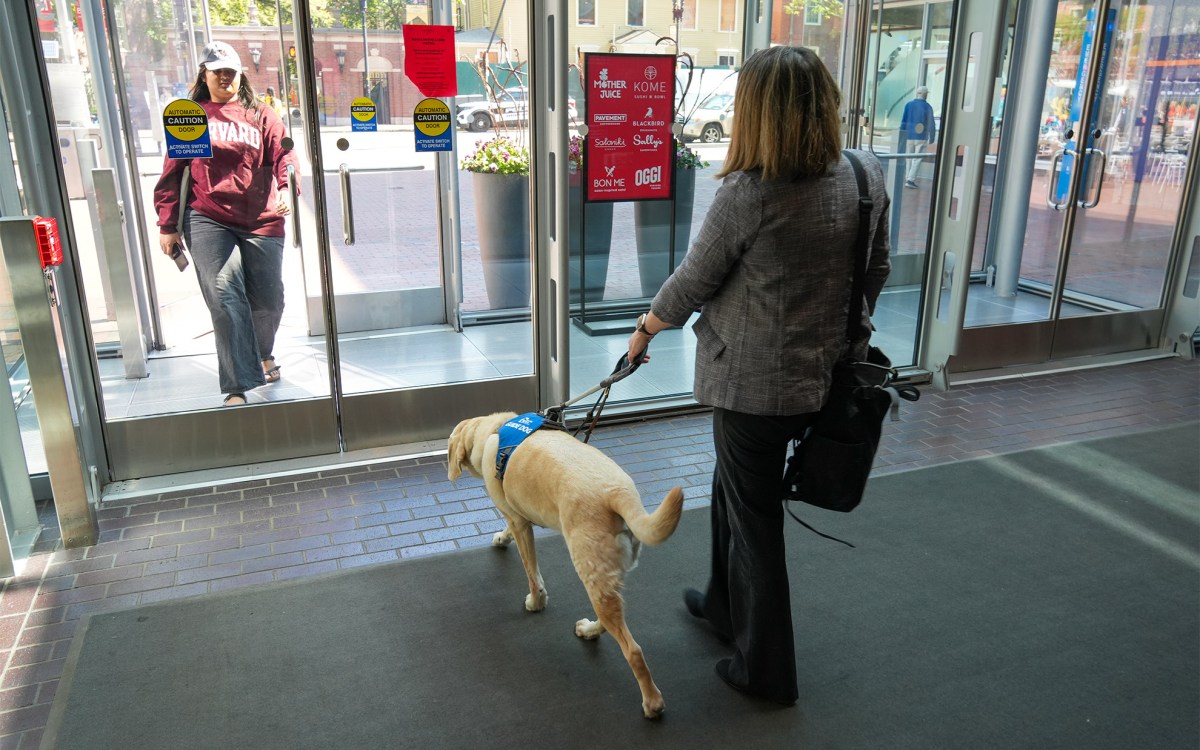HSPH’s Cash wins Mahidol Award for oral rehydration therapy
Harvard School of Public Health (HSPH) senior lecturer Richard Cash, credited with saving millions of lives by promoting the use of oral rehydration therapy to treat cholera and other diarrheal diseases, has been named a joint recipient of the 2006 Prince Mahidol Award for “exemplary contributions in the field of public health.” An HSPH faculty member (Department of Population and International Health) for 27 years, Cash will receive the award from the king and queen of Thailand at a ceremony at the Grand Palace in Bangkok this January. Cash has focused his work on infectious disease problems in the developing world and on ethical issues in international health research.
Previous winners of the Prince Mahidol Award have included Margaret Chan, who was recognized for her work in curbing an avian influenza outbreak in the late 1990s (Chan has been announced as the next director-general of the World Health Organization [WHO]); Richard Peto, whose work argued for the use of tamoxifen in the treatment of breast cancer; and Tore Godal and Adetokunbo Oluwole Lucas, who jointly won the award for their contribution toward the development of the special Program on Tropical Disease Research.
The Prince Mahidol Award Foundation confers two international awards each year in the fields of medicine and public health. Stanley Schultz, a longtime investigator, educator, and administrator at the University of Texas Medical School, Houston, was recognized this year in medicine for providing the scientific basis for the use of oral rehydration therapy solution.
In the field of public health, Cash was recognized with David Nalin and Dilip Mahalanabis for their contributions “to the application of the oral rehydration solution in the treatment of severe diarrhea worldwide, including Thailand. It is estimated that each year around 500 million packs of the oral rehydration solution are used in more than 60 developing countries, saving millions of lives around the world.”
Oral rehydration therapy, also known as oral rehydration solution, is a simple saltwater-glucose solution that helps replenish lost fluids during diarrheal illnesses. Inexpensive, the solution can be imbibed by patients and does not require an IV. The therapy was introduced and promulgated in the 1960s and ’70s. Cash and Nalin were involved in the first clinical trial that demonstrated the practicality and usefulness of oral treatment for dehydration caused by diarrhea. Mahalanabis directed the first large-scale use of the solution in a disaster situation in refugee camps along the India/Bangladesh border in 1971.
WHO has reported that the mortality rate for children suffering from acute diarrhea has fallen from 5 million to 1.3 million deaths annually since adopting the therapy in 1978 as its primary tool to fight diarrhea.




